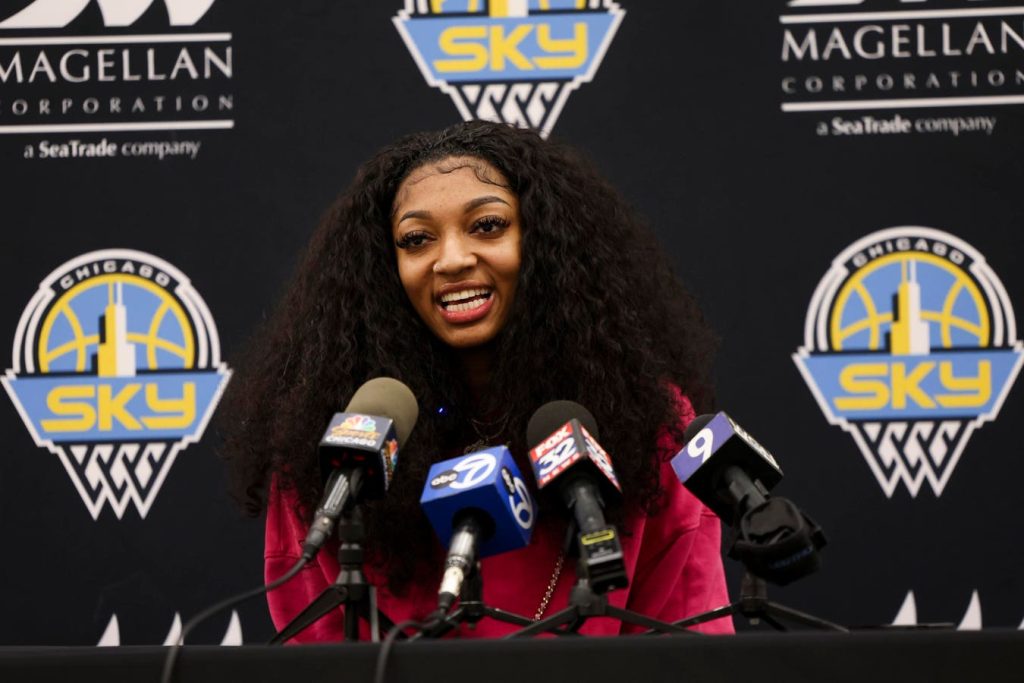The 2024 WNBA season began with preseason games, but the league appeared unprepared for the occasion. Despite the highly anticipated debuts of four star rookies, only Caitlin Clark and Jacy Sheldon were featured in live broadcasts, while Kamilla Cardoso and Angel Reese missed out on coverage. Fans resorted to watching a livestream from a fan’s cellphone, highlighting the WNBA’s lack of readiness to capitalize on the “Caitlin Clark effect.”
Fans who were eager to see the WNBA preseason debuts of Angel Reese and Kamilla Cardoso were disappointed when the game was not accessible through the WNBA League Pass. However, a resourceful solution emerged as nearly 1 million viewers tuned in via a fan’s livestream on X captured on her cellphone. Lynx coach Cheryl Reeve addressed the use of livestreams in the absence of televised coverage, emphasizing the need for the league to adapt to new ways of broadcasting to keep up with the pace of growth.
The transition from private charter flights to commercial air travel poses significant challenges for WNBA players, impacting their safety, well-being, and logistics during the season. Players like Caitlin Clark have had to adjust to navigating crowded airports and dealing with media attention, showcasing the unique challenges faced by WNBA athletes. This shift raises concerns about the overall support and infrastructure for players in the league.
WNBA teams continue to face scheduling conflicts due to the lack of solely WNBA team venues, forcing teams like the Indiana Fever to adjust their schedule for the home opener to accommodate the Indiana Pacers’ playoff schedule. This inconvenience not only disrupts fans’ plans but also affects the overall legitimacy of the league. The ongoing challenges with scheduling highlight the need for dedicated WNBA venues to ensure consistency and professionalism.
The lack of preparedness from the WNBA to capitalize on the “Caitlin Clark effect” has damaging implications for the growth and sustainability of women’s sports. It perpetuates gender bias and stereotypes, limits marketability and endorsement opportunities for players, and hinders fan engagement, ultimately reinforcing barriers to mainstream acceptance of women’s sports. The failure to provide equitable opportunities for exposure and engagement undermines the potential growth and success of the league and its athletes.
In conclusion, the WNBA’s struggles with broadcasting, charter flights, and scheduling conflicts during the 2024 season point to larger systemic issues of gender inequality and discrimination in sports. The league must address these challenges to fully leverage the talent and potential of its players and create a more inclusive and equitable environment for women’s professional basketball.


